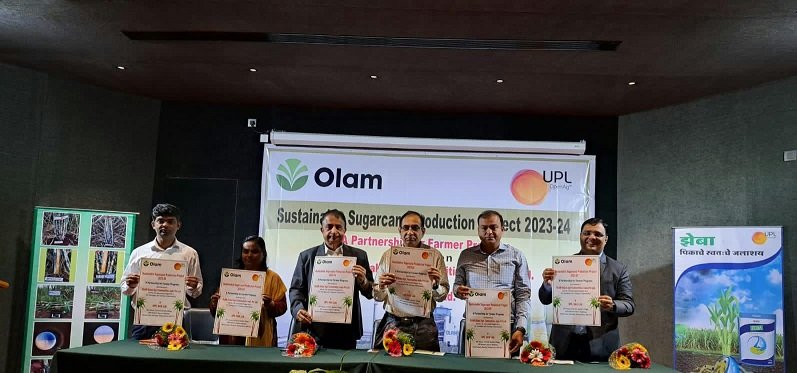WorldFish introduces Artemia to Bangladesh for sustainable shrimp farming
Artemia is widely used as live feed for farmed fish and can thrive in highly saline water
The Artemia4Bangladesh project, initiated by WorldFish, introduced Artemia or brine shrimp pond culture in the Cox Bazar region of Bangladesh to address the issue of poor fish productivity. The region, which produces 95 per cent of the salt in Bangladesh, only provides minimal income to around 1.5 million people employed in the industry.
Artemia is widely used as live feed for farmed fish and can thrive in highly saline water. It contains essential nutrients, such as over 50 per cent protein, essential amino acids, and fatty acids that are crucial for child development. This makes it a potential food source for people as well.
The project established around 150 farms and trained 1,500 farmers on Artemia pond culture, homestead aquaculture and vegetable gardening, and shrimp, tilapia, carp, and mola aquaculture. These interventions allowed farmers to supplement their income from salt production by selling Artemia to local shrimp hatcheries, nurseries, grow-out farms, and fish, shrimp, and crab producers. As a result, their income increased by up to 400 per cent.
WorldFish also developed recipes to introduce Artemia into the local diet. For example, Artemia kebabs are becoming popular in the area as an alternative to meat kebabs, and an Artemia omelette was created as a healthy option to support nutrition for women and children. These recipes were demonstrated with tastings to more than 200 salt-farming families.
Artemia not only provides an alternative source of income and nutrition for the community but also helps them adapt to the impacts of climate change. As water salinity increases, the coastal community’s agriculture and aquaculture productivity decrease. However, Artemia’s resilience to high salinity and temperatures ensures stable incomes for farmers in the face of climate change.
Artemia is widely used as live feed














